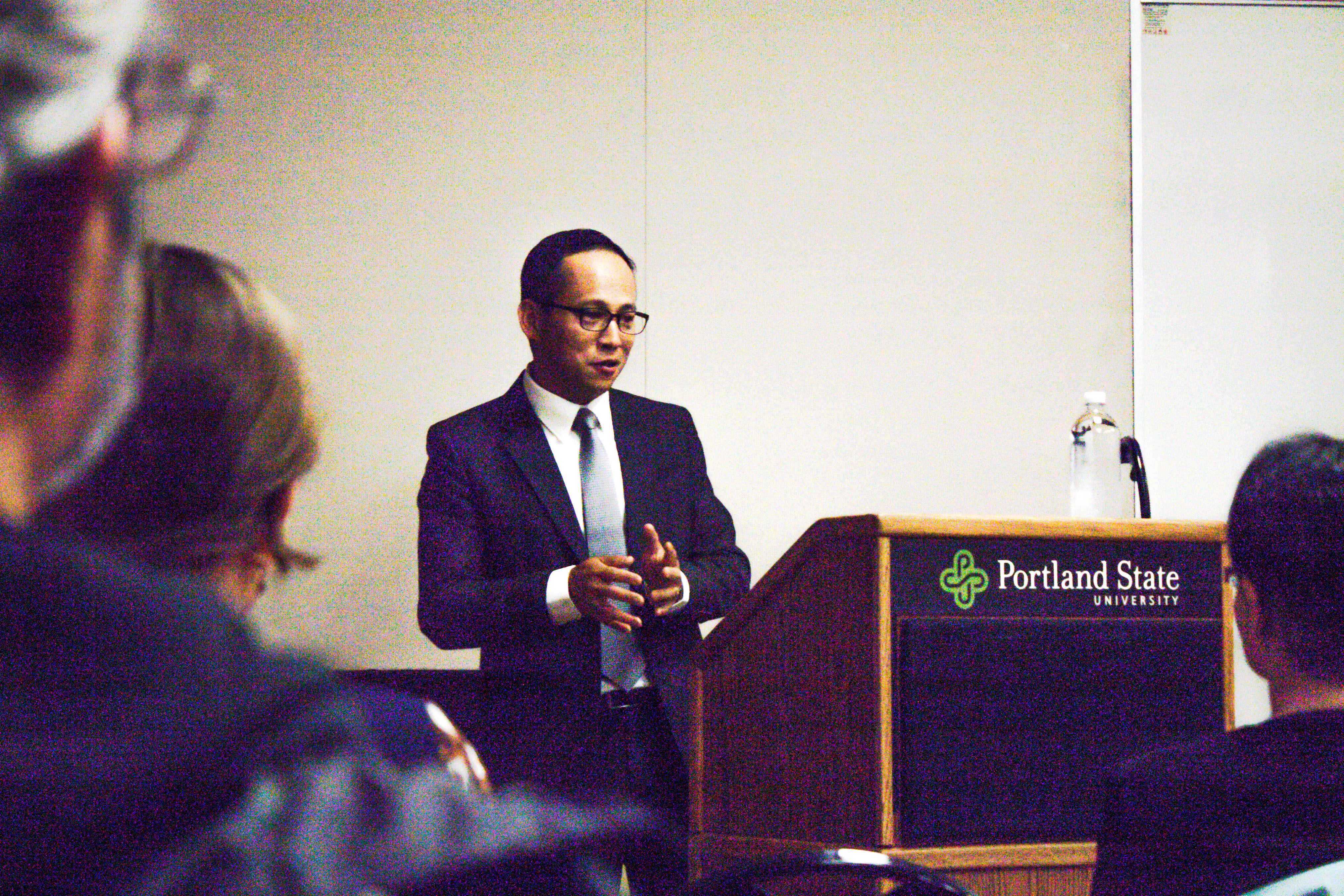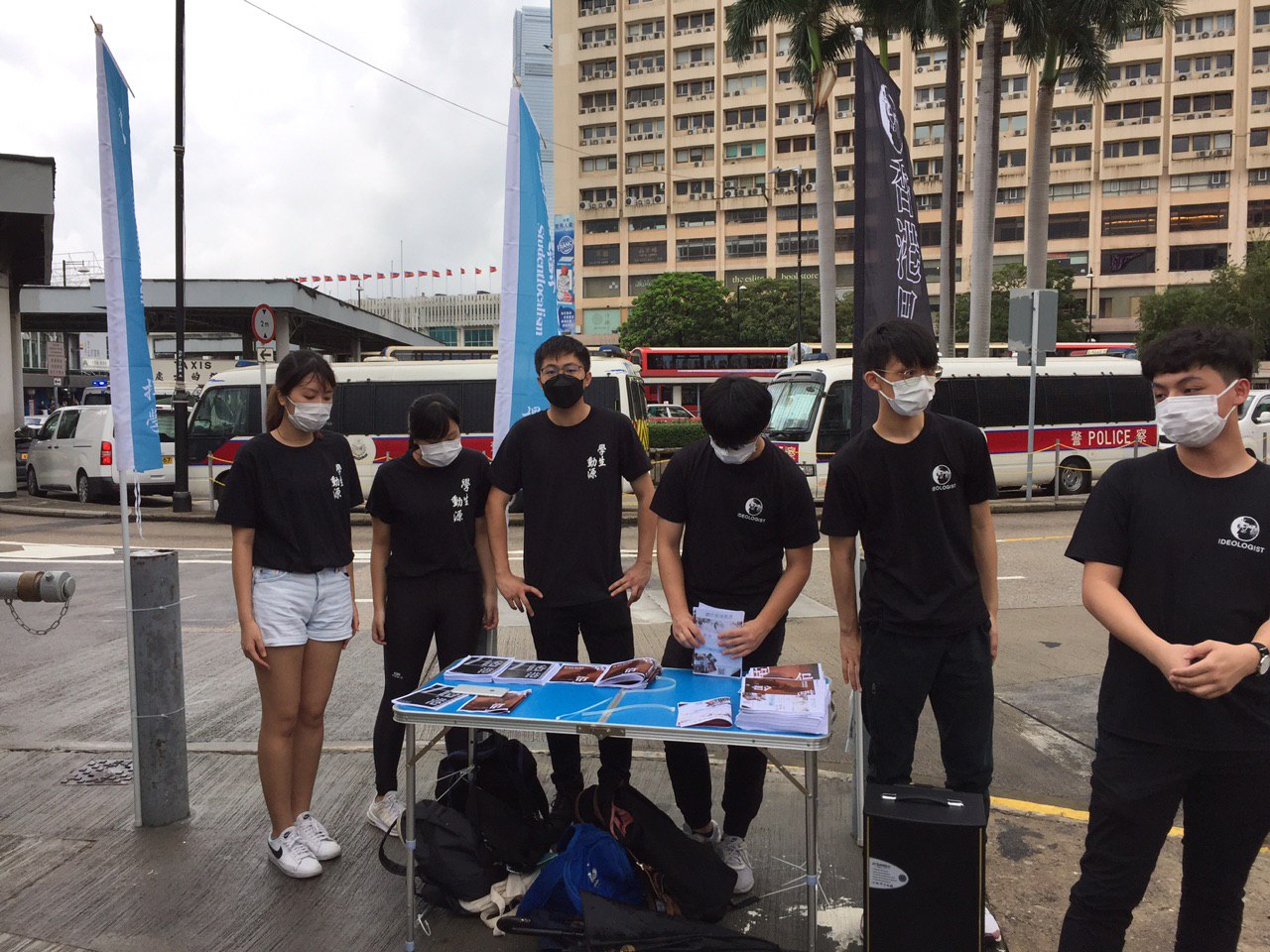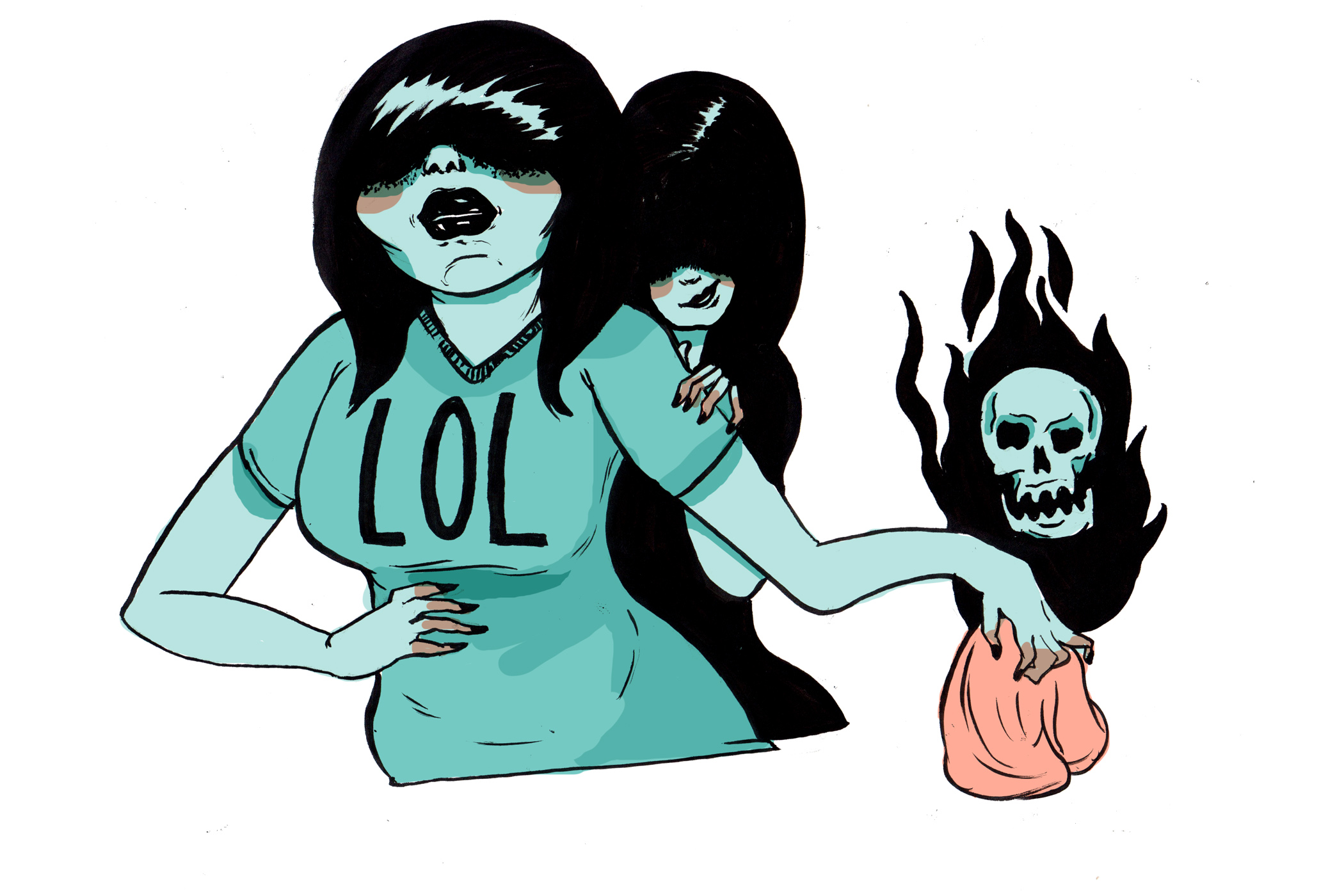China’s legislature is set to begin deliberating national security legislation in Hong Kong to limit opposition activity in the semi-autonomous territory. The legislation has drawn criticism that it could allow the central government to take greater control after pro-democracy protests last year, according to AP News.
Deliberation is scheduled to begin on May 29 in the National People’s Congress. Spokesman Zhang Yesui said, “Establishing and improving the legal system and enforcement mechanisms for the Hong Kong Special Administrative Region to safeguard national security.”
China could place the draft law into Annex III of Basic Law, by legislator or decree to convert national laws that must be implemented in Hong Kong, according to BBC.
Hong Kong’s government is bound by Article 23 of the Basic Law in its constitution, which prohibits any act of treason, secession, sedition or subversion against China. Beijing has increasingly pushed for measures such as punishment for disrespecting the Chinese national flag according to AP News.
The newly-proposed national security and anti-sedition law could reduce many of the fundamental political freedoms and civil liberties guaranteed in the agreement made when the city was handed over from British to Chinese rule in 1997.
The protests began in June 2019 and lasted until September 2019 over plans that would allow extradition from Hong Kong to mainland China, according to BBC.
CNN reported Beijing officials argue the law is necessary to prevent violent unrest like last year, and Chinese authorities blamed “foreign forces” for encouraging those protests.
BBC also reported Hong Kong’s leader Carrie Lam, who is a pro-Beijing supporter, said the law will help authorities more in tackling illegal activity in the city.
Hong Kong’s last colonial governor, Chris Patten, told Reuters, “You cannot trust [President] Xi Jinping’s China. That’s different from previous administrations. He tightened up as a dictator. He cannot abide anyone who disagrees with him and the Chinese government.”
United States Secretary of State Mike Pompeo has responded to the legislation, stating “the [U.S.] strongly urges Beijing to reconsider its disastrous proposal, abide by its international obligations, and respect Hong Kong’s high degree of autonomy, democratic institutions, and civil liberties,” according to BBC.
AP News reported spokesperson for the U.S. department of state Morgan Ortagus said, “Any effort to impose national security legislation that does not reflect the will of the people of Hong Kong would be highly destabilizing, and would be met with strong condemnation from the United States and the international community.”
Ortagus added the limitations of human rights and fundamental freedoms by China to Hong Kong will affect “the United States’ current treatment of Hong Kong.”
Hong Kong’s number two official, Chief Secretary Matthew Cheung, told CNN any sanction imposed by the Trump administration on Hong Kong is a “double-edged sword,” as it enjoys a large trade surplus with Hong Kong, “Any sanctions do nobody any good at all. It would hurt Hong Kong but it would doubly hurt the United States.”
United Kingdom Foreign Secretary Dominic Raab and his Australian and Canadian counterparts also expressed “deep concern” in a joint statement towards China’s proposal, according to BBC.
“Making such a law on Hong Kong’s behalf without the direct participation of its people, legislature or judiciary would clearly undermine the principle of ‘one country, two systems’, under which Hong Kong is guaranteed a high degree of autonomy.”
According to CNN, 300 people were arrested across Hong Kong on Wednesday over the new security law, as sporadic protests were contained by a massive police presence and a zero tolerance approach, with the use of pepper spray and pellets.
In the wake of the arrests, former lawmaker and pro-democracy activist Nathan Law told Hong Kong public broadcaster RTHK, “It’s like a de facto curfew now,” and added, “I think the government has to understand why people are really angry.”






